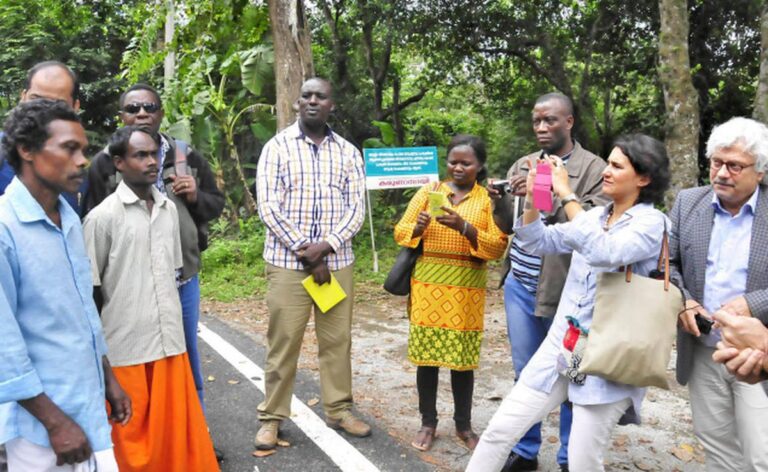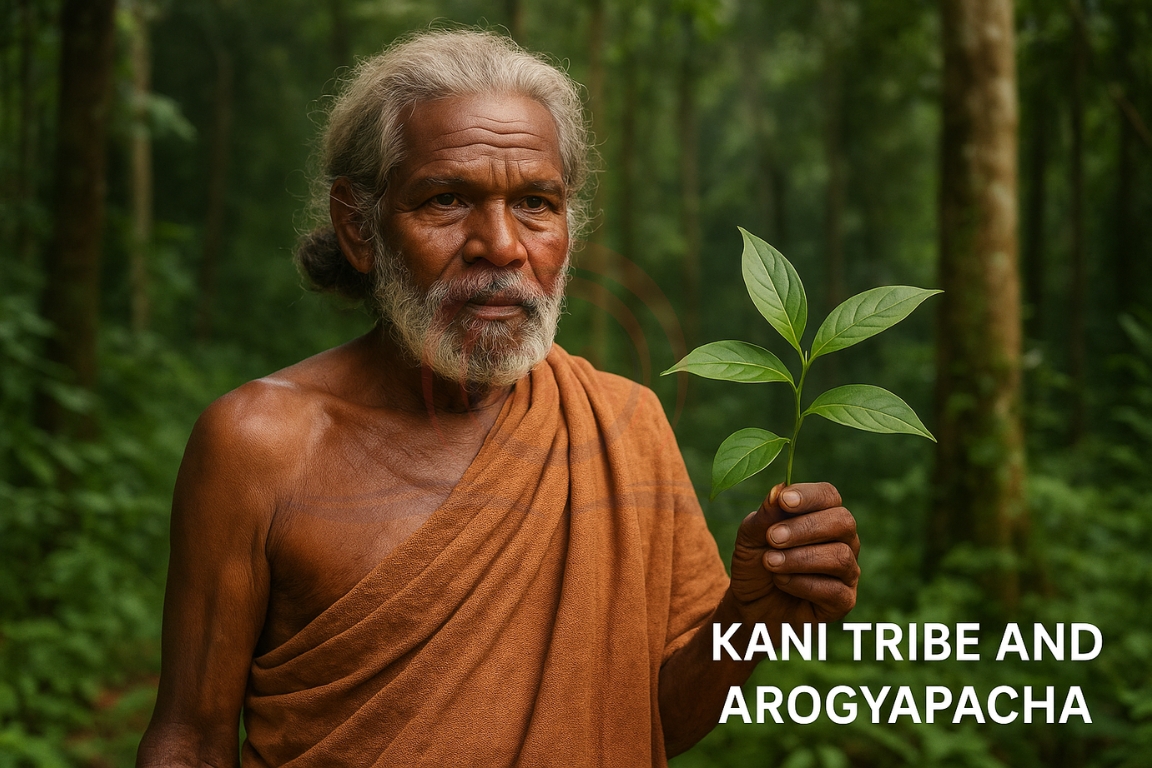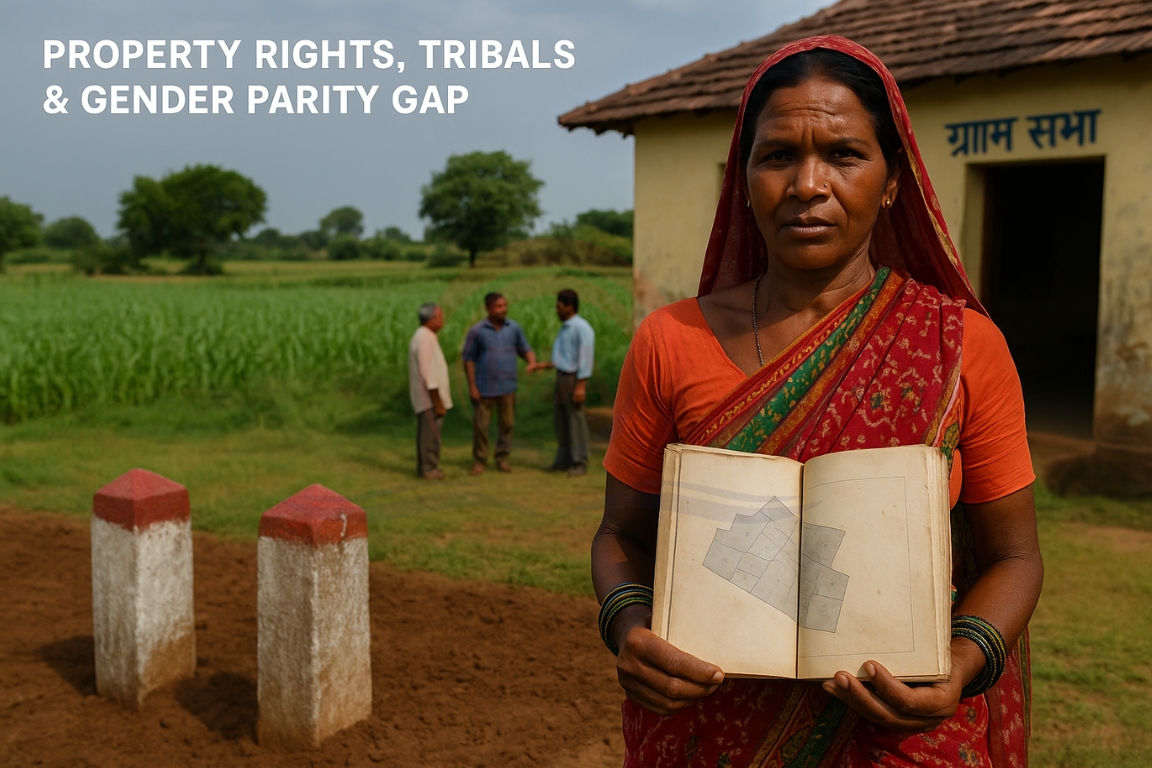Kuttimathan Kani, a forest elder of the Kani tribe who revealed the medicinal plant Arogyapacha to researchers, has recently passed away in poverty, highlighting the neglect of tribal knowledge holders.
About the Kani Tribe
- Identity – Also called Kanikkar, Kanikarans, Velanmars, Malainrasans, the community now lives in small hamlets (Kanikudiyiruppu).
- Habitat – Primarily in the Agasthyamalai hills of the Western Ghats, spanning Kerala (Thiruvananthapuram) and Tamil Nadu (Tirunelveli, Kanyakumari).
- Leadership Structure – Community led by:
- Mootukani (headman)
- Vilikani (convenor)
- Pilathi (priest-physician)
- All posts are hereditary.
- Language – A Dravidian dialect, close to Malayalam; uses Tamil and Malayalam scripts.

Culture and Beliefs
- Spiritual Worldview – Belief in benevolent and malevolent spirits.
- Rituals – Chattu performed by the Pilathi; songs called Chattupattu accompanied by Kokkara, their only musical instrument.
- Knowledge System – Rich ethno-medicinal expertise, with Pilathi central to health practices.
Occupation and Traditional Knowledge
- Traditionally engaged in handicrafts, forest produce collection (honey, beeswax), and cultivation of tapioca, banana, millets, and cash crops.
- Arogyapacha (Trichopus zeylanicus) – A vital medicinal plant, source of the herbal drug ‘Jeevani’, known for its rejuvenating properties.





